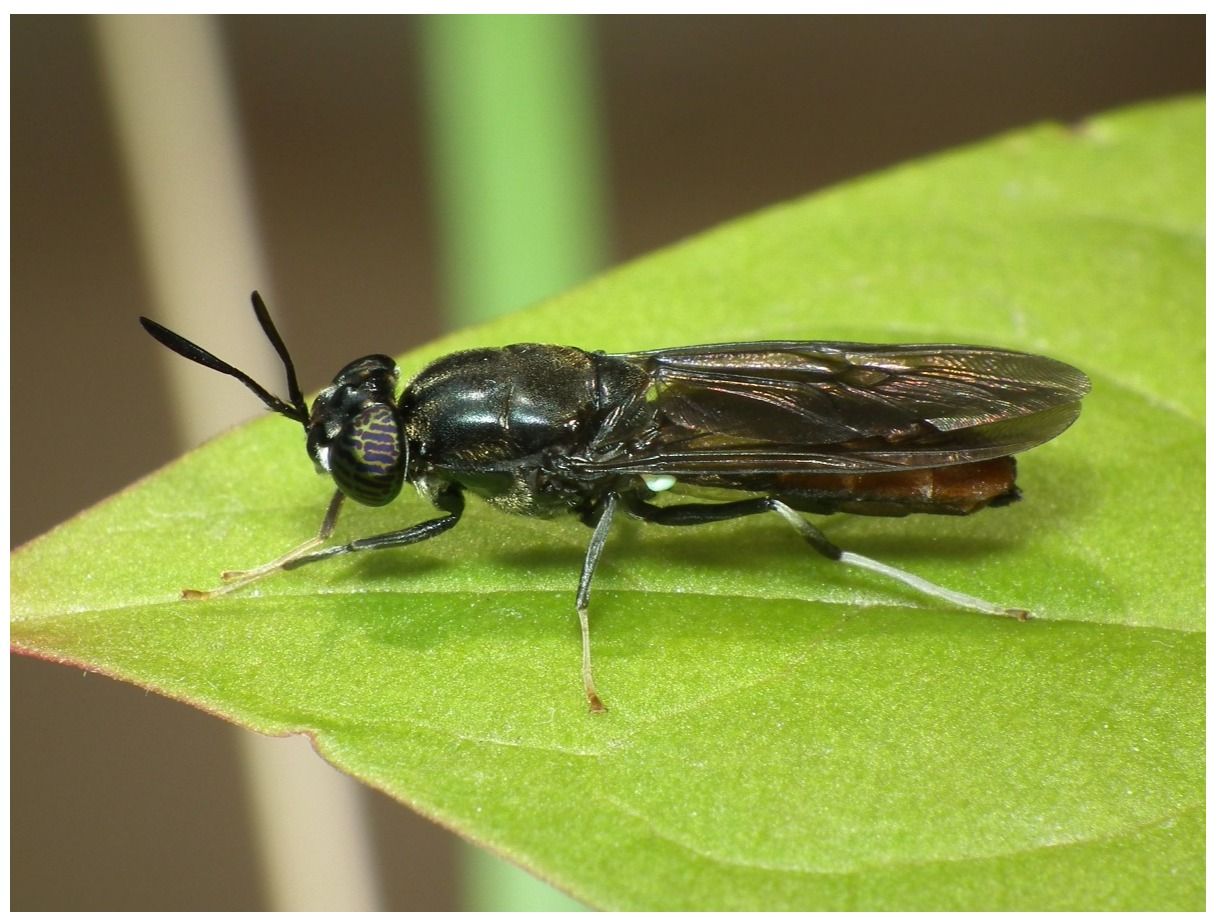
Added: Jan 25, 2022
Last edited: Feb 22, 2022
Ticinsect is a startup born in 2018 with a potential for revolution in the Swiss food system. They offer an alternative solution to the current disposal of food waste, giving new value to this waste which can be a source of more sustainable uses. The goal is to develop a circular economy in the food sector that allows the production of new resources starting from what is now considered waste and therefore to keep the production process closed and re-fueled by reducing the consumption of new resources.
The company's team is currently composed of 10 people.
Currently, in Switzerland as well as in many countries in the Global North, a lot of food throughout the value chain is wasted or lost. In fact, in Switzerland, a total of 2.8 million tons of food is wasted in one year. While two thirds of this waste is still edible, it may have been avoided at various stages of the supply chain, from production to consumption.
The climatic effects of avoidable food losses amount to almost half a ton of CO2 equivalent per capita per year,
which corresponds to 24% of the climatic effects generated by the entire Swiss food system. Food waste also generates huge environmental problems through unnecessary CO2 emissions. In Switzerland, these are 23 times above the threshold set as a per capita limit to allow our planet to survive. In addition, fuel oil is widely in demand in the agricultural sector, for heating greenhouses. In Europe, its consumption reaches 75 million tons from fossil sources which produce 237 million tons of CO2. In Switzerland alone, the demand for fossil fuel oil for greenhouse cultivation is 40,000 tons producing 107,000 tons of CO2.
Living resources require enormous quantities of natural resources and their polluting emissions are higher than those of global transport. Since fishmeal is a nutrient-rich food ingredient used in the diets of farmed animals, its production contributes significantly to the overfishing and exploitation of seawater.
Ticinsect claim that the solution is in nature. The company was born with the mission to reduce the impact of organic waste on the environment by converting it into a resource with many uses and to implement a circular production process with zero waste and CO2 equivalent close to zero.
BSF technology allows the company to transform organic waste into 3 useful components, capable of generating a new industry in the country. From what would be lost and produce more CO2, they are able to produce new value by producing crude oil substitutes, useful proteins for use in animal diets such as chickens and fish, and fertilizers for crops. The biological value of organic waste is intercepted through bioconversion from an insect (Hermetia Illucens).
Their primary raw material, organic waste, are leftovers sourced from factories and farms.
This solution, therefore, contributes to reducing food waste, all by using a natural solution which avoids more CO2 emissions and which produces three new high value products that are cycled back to the Swiss food system.
Photo: Hermetia illucens (male), by Rui Andrade from Flickr .

Prioritise regenerative resources
Use waste as a resource
Incorporate digital technology
Regenerative materials
Valorise waste streams - closed loop
food waste
larvae
